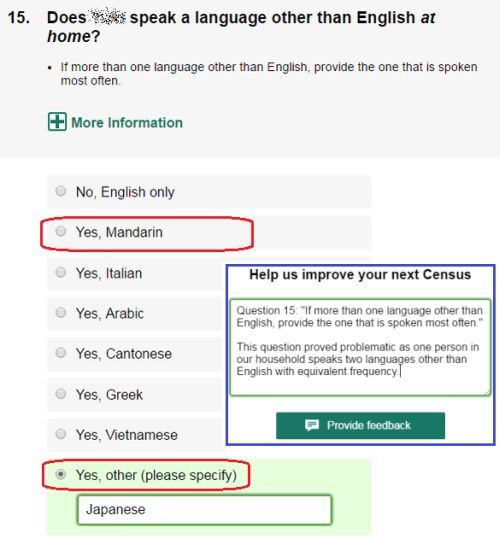But it's from English... by the conventions of English phonology it should be "pock-uh-mon" (/ˈpɒkəˈmɒn/). Forget Japanese phonology, because their pronunciation would be /ˈpɒkɛˈmɒn/ since Japanese lacks the mid central /ə/ vowel.
Although this would only add to an already extensive list of English words which defy phonological conventions.Like how we pronounce the first "i" in words like finish, infinite, definite and indefinite differently from "finite." But 'finite' was mutated in the late 15th Century as English evolved from Late Middle English to Early Modern English (i.e. Shakespearean English), and one of the great catalysts for this change was the invention of the printing press. English was in far greater flux (and more prone to bastardisation) prior to the advent of printing as obviously the majority of people were illiterate. The mass production of books led to a significant boost in literacy in the Anglophone population, which is why even Early Modern English is significantly more intelligible to Modern English speakers today than Middle English, and Old English is practically an entirely alien language (more closely related to Modern Frisian, spoken mostly in parts of the Netherlands and some parts of Germany). King James was instrumental in the standardisation of Early Modern English.
Here's a comparison. For the benefit of those who don't read Old/Middle English letters no longer used in the Modern English alphabet, I've omitted those letters in place of modern equivalents with the exception of "æ," which is "a" as in "apple" (and not as in "cart"). Also note that the "th" used in the Old and Middle English texts below is pronounce as in words like "that," "those" or "weather," and not as in "thin" or "with."
Old English
Sothlice on tham dagum wæs geworden gebod fram tham casere augusto. thæt eall ymbehwyrft wære tomearcod
Middle English
Forsothe it is don, in tho dayis a maundement wente out fro cesar august, that al þe world shulde ben discriued
Early Modern English
And it came to passe in those dayes, that there went out a decree from Caesar Augustus, that all the world should be taxed.
Now you can see how greatly English has changed between Old and Middle English, yet in the 600 years since Early Modern English very little has changed. Looking the example here we've lost the "e" in "passe" and "dayes." That's it. Other than that it's remained reasonably constant, and this was no accident. It was a very deliberate act from King James to standardise the English language and lock it in, and the fact that English from 600 years ago is still intelligible with English today is a lasting legacy of King James.
Also, many of the peculiarities between English spelling and pronunciation occurred between 1350-1600 during a three-stage period known as the Great Vowel Shift. And again, the advent of the printing press and edict of King James saw the end of the Great Vowel Shift as English spelling and pronunciation finally became standardised. But even then, it took 250 years in a pre-literate age for these mutations to occur, and much of it ended when literacy became widespread.
So it seems implausible that just mongrelisations would occur so rapidly in the modern age where we should have far higher rates of literacy and education overall*. In any case, most of the time I've corrected my students' pronunciation** (cos ya know, it's actually part of my job). Although I don't do it anymore because my students all pronounce it correctly (I only had to do it once).
----------------------------------------------------
*as public education in England came about in the 19th Century, although the Americans had it a few decades earlier and Scotland actually had free public education 300 years before the English! (take that, Brexit!); up till then education was private and much of it was controlled by the Church
**not just of Pokémon but any other words they use; although correcting Latin is interesting because there are different ways to pronounce the words depending on which variant; Classical, Vulgar, Ecclesiastic etc. - I use Classical but I also allow my students to use other variants - it's hard to nitpick a dead language especially when even the HSC examination lacks any listening or speaking components!). And I must admit that I use a less common mouth trill for the German /r/, whereas most native Germans trill from the throat. But I do tell my students that I'm using a less common pronunciation because I personally find it easier and I encourage them to try and trill from the throat if they can.
---------------------------------------------
On a totally different note, I filled out the Census tonight and came across one problem with Question 15 for my daughter. And I did provide feedback to the ABS about it.
If they haven't fixed this by the next census then I might just tick "Other" and place both languages there.
I also noticed that you can't choose more than two options for "Other, ancestry" (although that's one more than the "Other" option for languages). I guess in this case people might need to manually enter multiple ancestries in one of the boxes.









